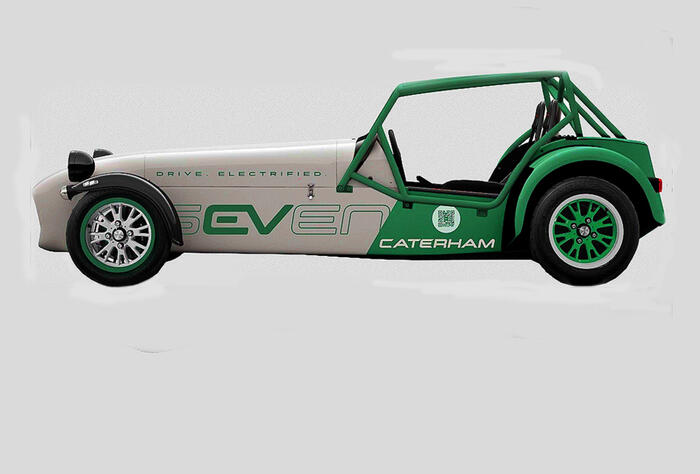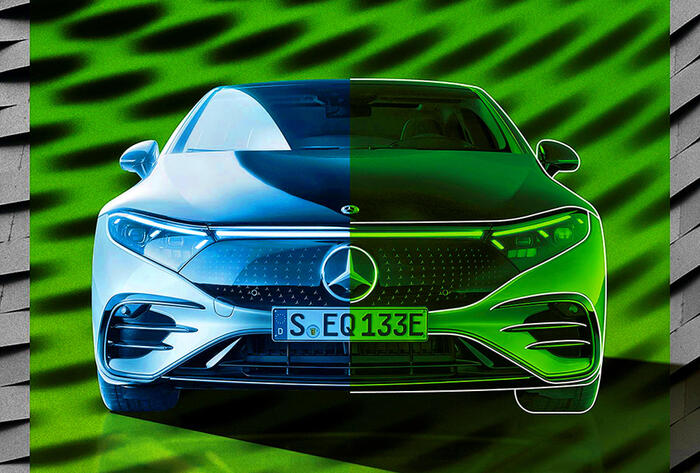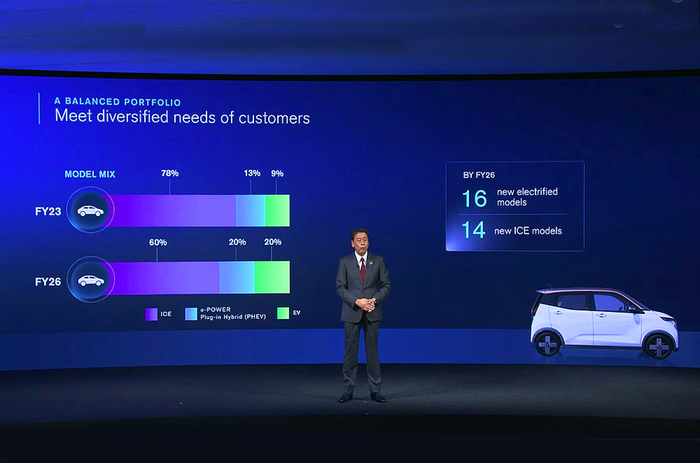Caterham, a company founded in 1957 by Graham Nearn a Lotus dealer, is famous for having kept alive (buying the rights) the iconic Seven after the stop to production by the parent company in June 1973. Now even what is one of the last independent manufacturers in Great Britain looks at the world of electric models, thinking above all to satisfy that segment of customers who already consider petrol engines outdated.
The EV Seven concept, a model for technological development that foreshadows a future all-electric Seven, confirms Caterham's willingness to experiment and get to series production of battery-powered versions of its high-performance roadsters and, above all, intense emotions.
Created in collaboration with Swindon Powertrain Ltd, EV Seven does not differ from what is the recognized strength of Caterham, namely the advantageous weight / power ratio. The traditional models remain within the 700 kg range, with Ice engines from 84 up to 237 hp.This new battery version therefore moves the output of the electric unit higher (240 hp) rather than compensating for an increase in mass of only 70 kg.
This weight/power ratio, together with the maximum instantaneous torque of 250 Nm, will allow the EV Seven to shoot from 0 to 100 km/h in about 4.0 seconds. The merit of this lightness of the construction goes to the sizing (51 kWh) and the type of battery, which is immersed cooled, a cutting-edge technology that, until now, had been used to cool supercomputers. In the EV Seven, the battery cells are immersed in a dielectric fluid (supplied by long-time technical partner Motul) that is in direct contact with the cells.
This allows for better thermal management during charge and discharge cycles. Caterham's goal was to provide customers with the ability to drive on the track for 20 minutes, recharge the battery in 15 minutes and again have enough energy to drive for another 20 minutes.
Bob Laishley, CEO of Caterham, said: "Any future EV model we produce will need to be true to the DNA of a Caterham. Be a lightweight, fun to drive and driver-centric car. The main objective of this project is to develop a vehicle with a differential weighing no more than the equivalent of one passenger on board. We will never launch a one-ton heavy Seven, we prefer not to."
Caterham Ev Seven, electric concept weighs only 70 kg more
2023-05-30T16:53:11.523Z
Highlights: Caterham, a company founded in 1957 by Graham Nearn a Lotus dealer, is famous for having kept alive (buying the rights) the iconic Seven after the stop to production by the parent company in June 1973. The new battery version moves the output of the electric unit higher (240 hp) rather than compensating for an increase in mass of only 70 kg. This weight/power ratio, together with the maximum instantaneous torque of 250 Nm, will allow the EV Seven to shoot from 0 to 100 km/h in about 4.0 seconds.

Caterham, a company founded in 1957 by Graham Nearn a Lotus dealer, is famous for having kept alive (buying the rights) the iconic Seven after the stop to production by the parent company in June 1973. (ANSA)













